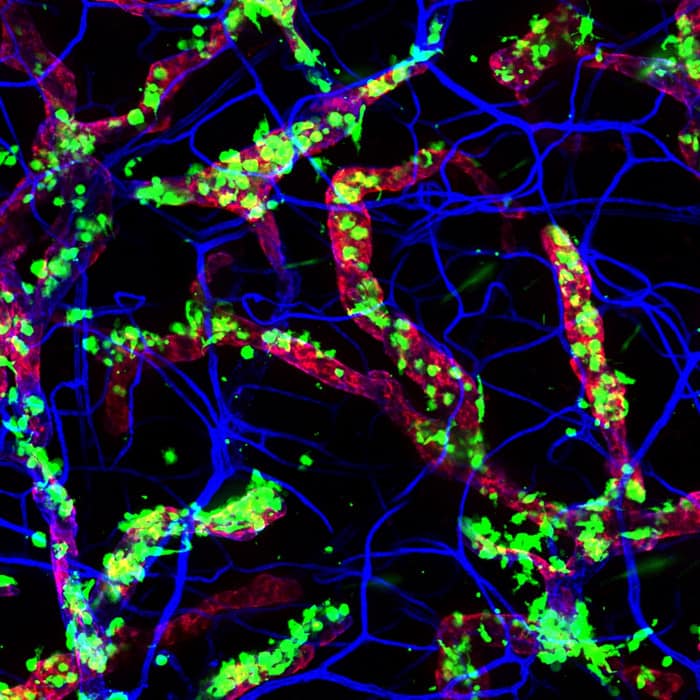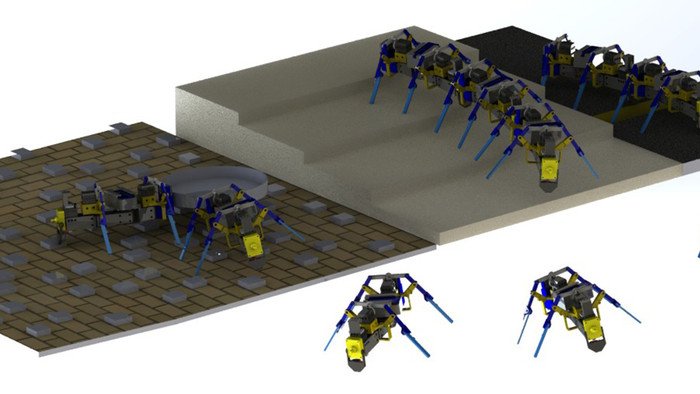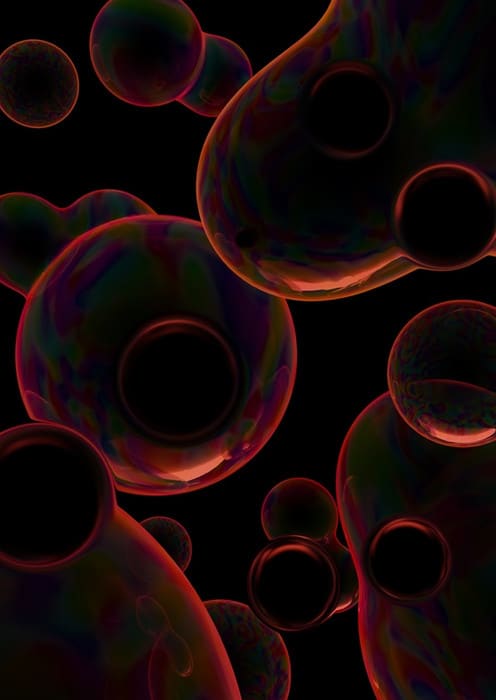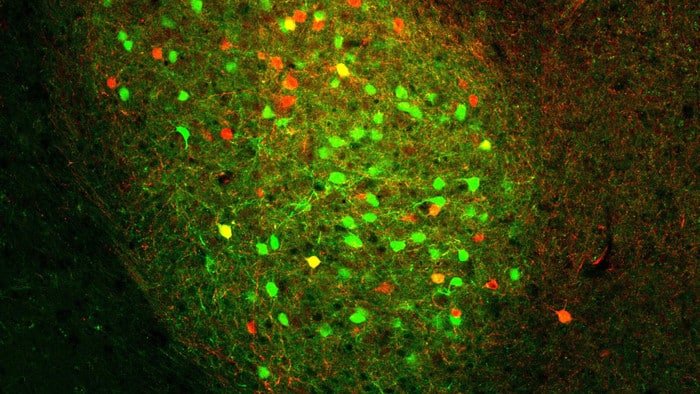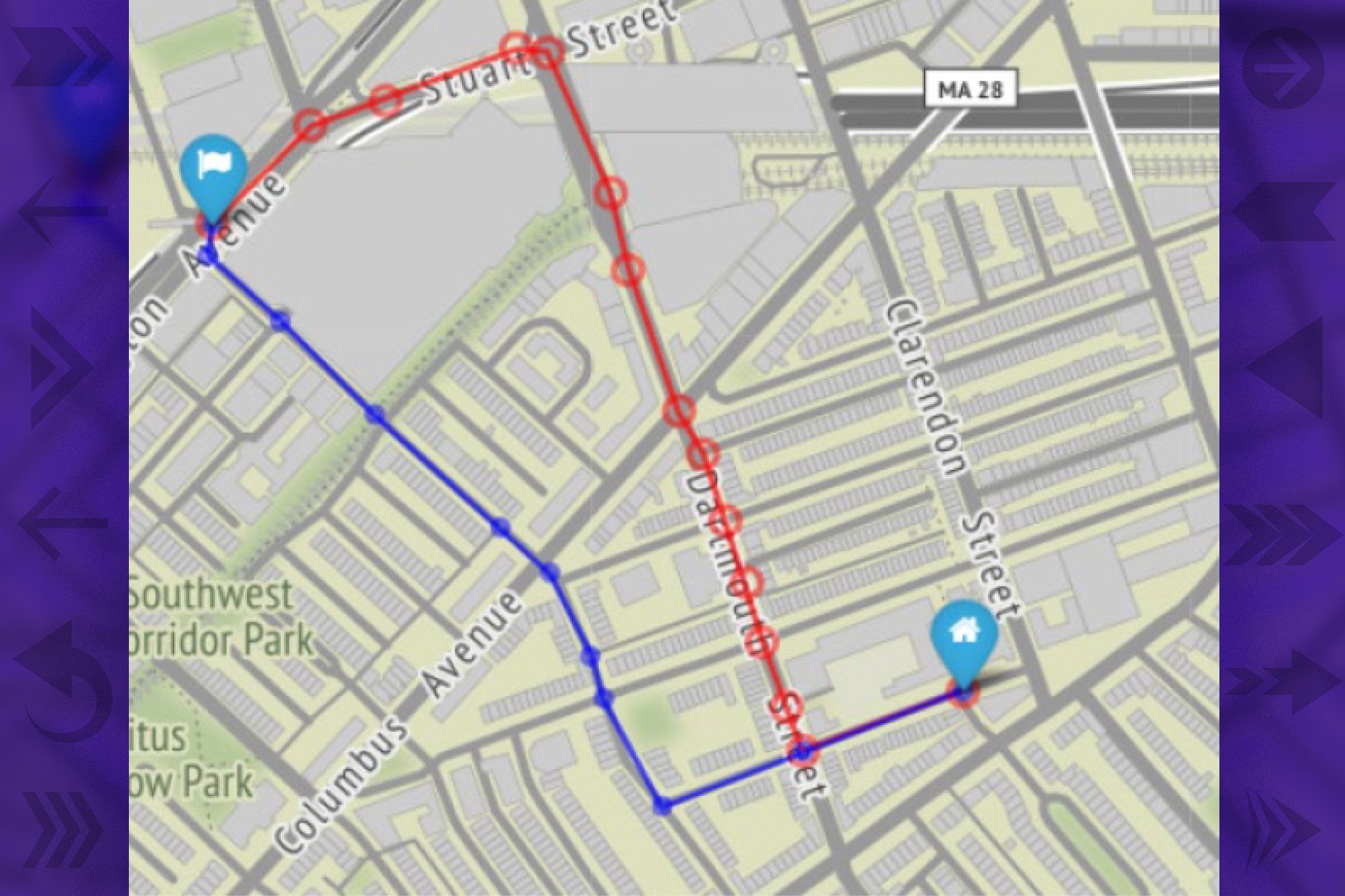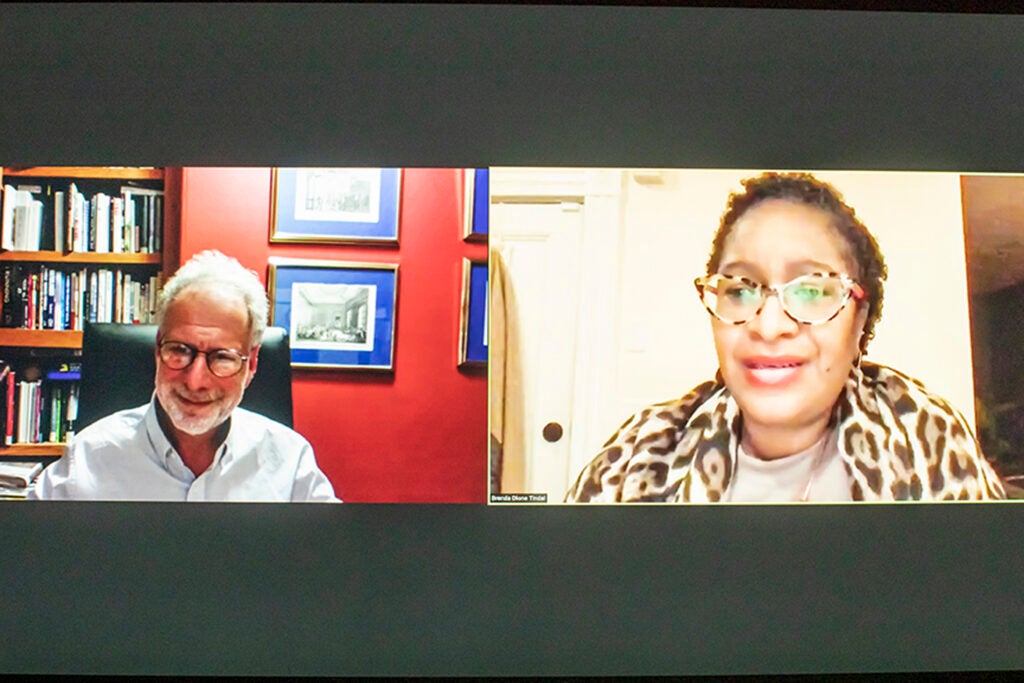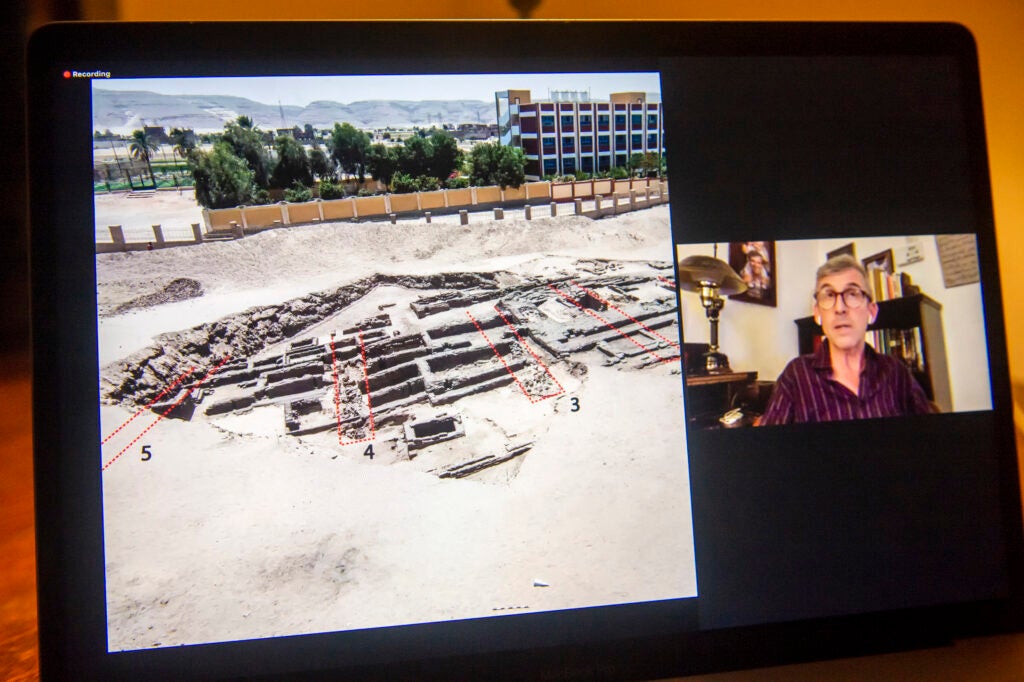New light has been shed on the size of the explosion in Beirut, Lebanon in August 2020 that killed more than 200 people and injured thousands more. Estimate of the explosive yield of the blast, which resulted from the detonation of thousands of tonnes of improperly stored ammonium nitrate and damaged more than half the […]
Read More
